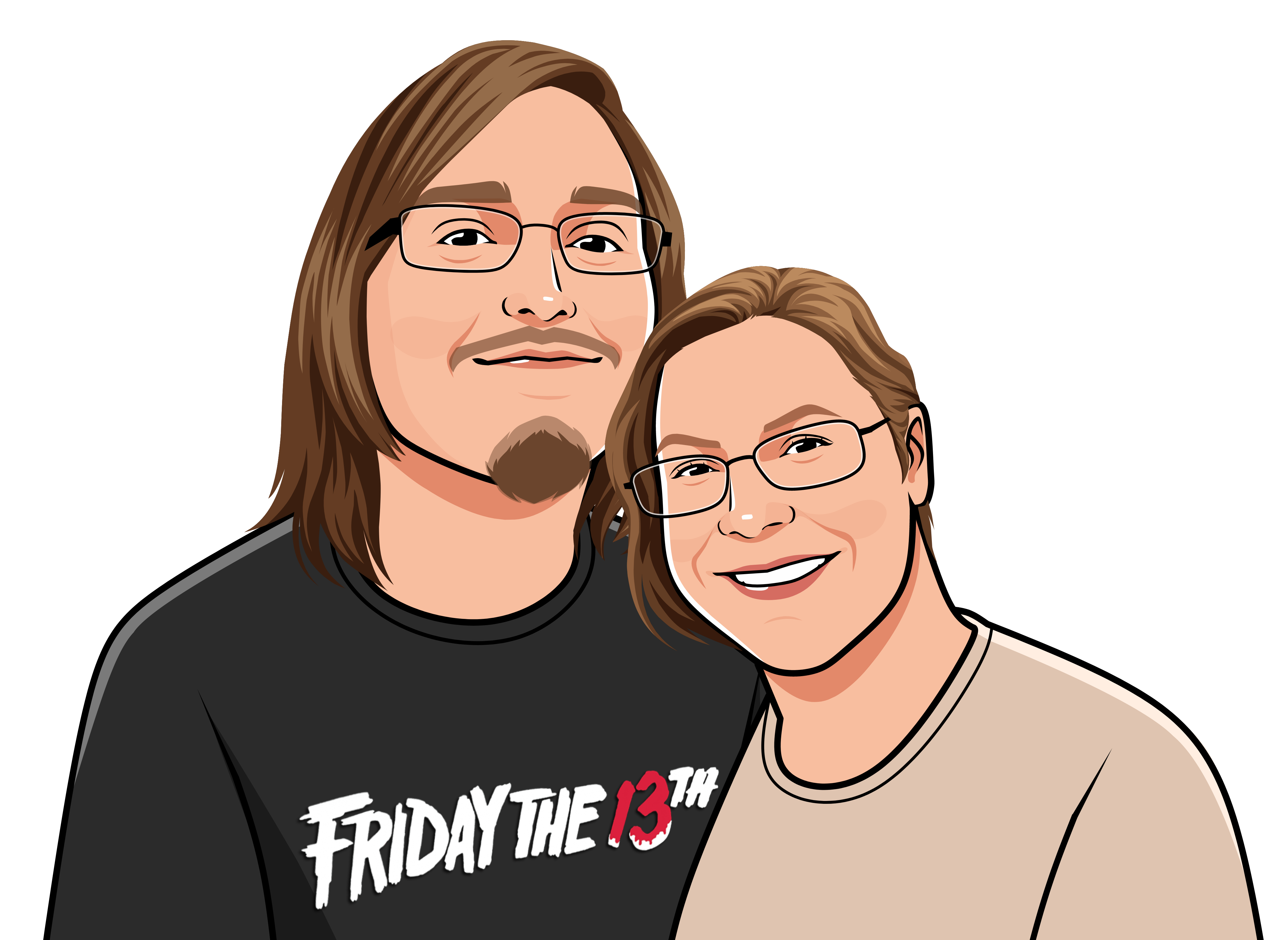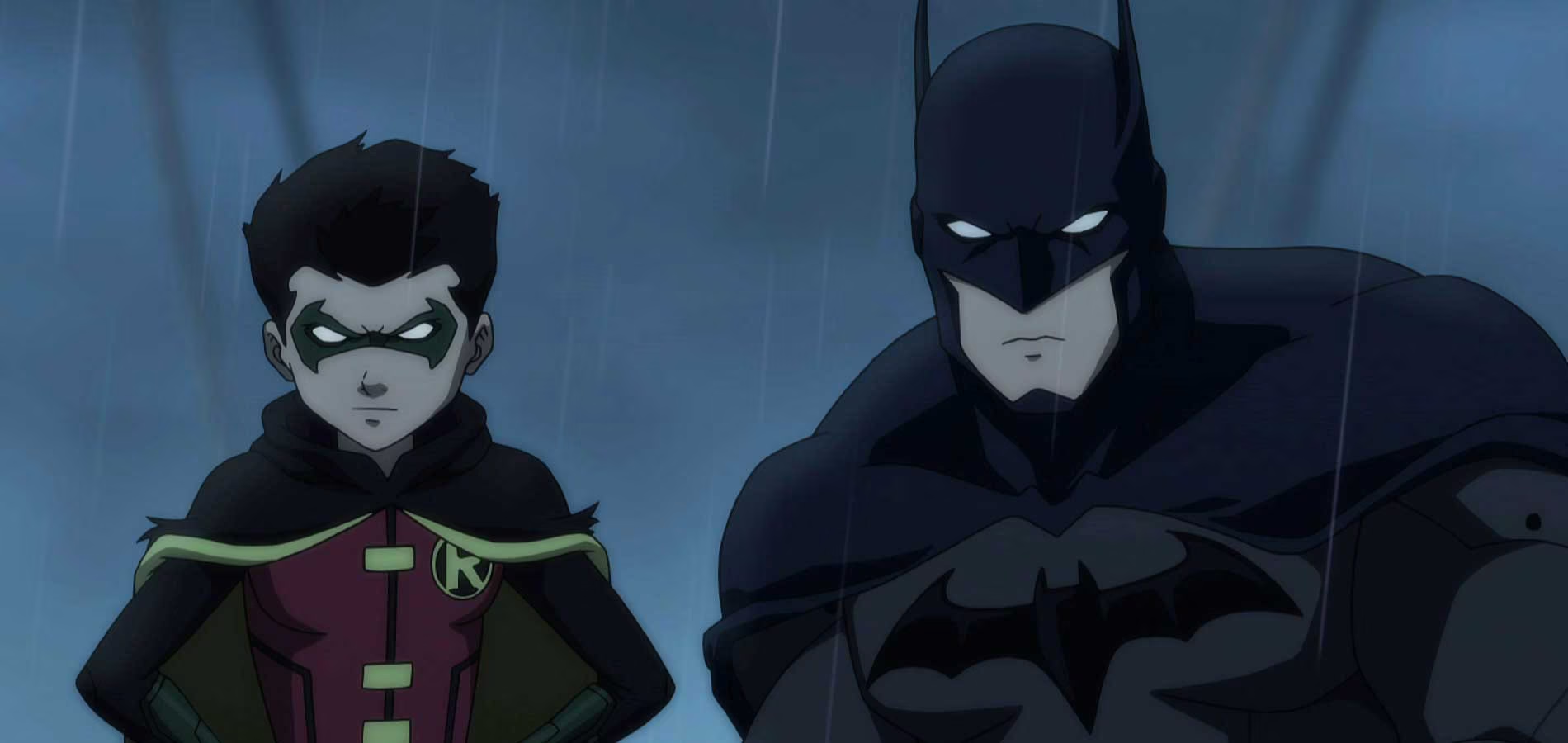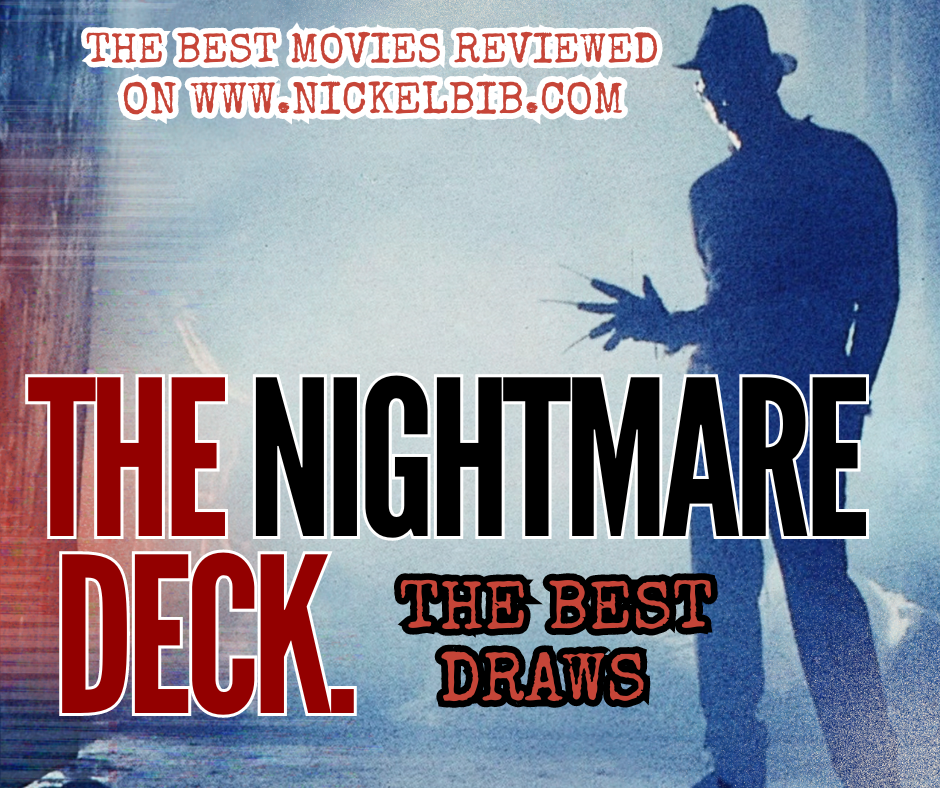In an earlier review, I referred to the videogame Hellpoint as one of the most polarizing experiences I had this year gaming, but, in truth, that very same thing could have applied to developer Cold Symmetry‘s game Mortal Shell. Released less than a month apart, it was only natural that both Mortal Shell and Hellpoint would come to my attention simultaneous with one another. Group in the fact that they both take heavy influence from one of my favorite series’ Dark Souls and you will understand why I made the decision to purchase them both on-launch, especially since I have been on such a Souls kick as of late.
I don’t usually buy games new, as I have mentioned. I haven’t even played Sekiro yet, for instance. But, for some reason or another, the idea of buying both games for the retail-price of a normal release ($30-ish apiece) enticed me. Plus I got a chance to support two smaller development teams who’re creating things I am actually interested in. As the smoke settles on the both of them, with their campaigns completed, I would say I was mostly satisfied with the sum of their parts.
Among them, I subconsciously looked at Mortal Shell as the main-course. I was taken by its visual aesthetic, first and foremost. Whereas Hellpoint went in a very different direction, going for an Event Horizon slash Dead Space appearance, Mortal Shell had a setting and art-style that looked very much like it had been taken from FromSoftware’s playbook. Even the loading screens may have you encountering a sense of deja vu. I like the aesthetic, and I don’t have any qualms about Mortal Shell going with it. The gloomy, melancholy atmosphere is immersive, and coupled in with their swampy terrain, can entrench you in a mesmeric feeling of lostness.
Sometimes that feeling of lostness is beneficial in creating a sense of discovery in your exploration. Although I did appreciate the mini-map included in Code Vein or Remnant, I would not necessarily want one in Dark Souls, for instance. However, for Mortal Shell, in-particular, sometimes that lostness can be simply that. For levels that aren’t even particularly massive, I sure found myself struggling to find where I was meant to be.
I like the visuals for Mortal Shell. I think they are pretty and, as said, immersive, and while certain areas can sometimes feel difficult to distinguish, that isn’t a criticism for its visual appeal. A swamp does not have landmarks everywhere simply because it is easier to navigate it. I would, however, have really appreciated a compass or directional tool to callback to during some instances where progression started to become really tedious. There were more than a few occasions where I would sit-down and play for an hour only to find myself looping around in a circle because an easy to miss pathway.
Mortal Shell’s game-play took a lot of getting used to. The layout is similar to what we have seen prior, but it has its own share of nuances and quirks to grapple with. I had not really planned for that, and I think that really hurt my initial experience. The biggest differences for Mortal Shell are that it does not have the traditional attribute system you might expect. You can purchase helpful upgrades for your character, but you wont be notching up your stamina, strength, health, or anything like that. Instead, you have four different “Shell” vessels you can choose from. Each character has a certain play style and build for you to work with. Secondly, you only have a handful of weapons at your disposal, found at the beginning of each new level. And, lastly, you do not have a shield and cannot block in the traditional way you would.
The Shell system is unique and an interesting idea. It definitely offers a new strategy or layer to the established formula. Every time your health is depleted you’re knocked out from your “Shell,” and can re-enter it once before you are killed once and for all. It is kind of like having two lives to play with.
The play style is slower than what I am used to, and that definitely took me aback, but I learned to enjoy it over time. I don’t know if I would call it more methodical, but it definitely offers a very different feeling for the combat. Stamina is also a little different. Even for the most endowed character, you have to be more particular about your attacks.
The weaponry you have to choose from is a little bit of a disappointment. You have one faster weapon to choose from that I had difficulty connecting attacks for, whereas the others are on the slower side. For the most part, I used a basic sword, often finding that the other weaponry reduced game-play to a crawl.
The lack of a shield or traditional block-system did me in early on. Instead of that, you have a system where you can “harden”, or, more or less, turn to stone, to avoid attacks. I was seriously not on-board with this change at all in the early-going. When I played Hellpoint, it corrupted my save file after nearly ten hours of playtime, and I was not as bothered by that as I was by not having a normal block. In the end though, it really did grow on me and I found myself incorporating it into my strategy a considerable amount.
I think that might be the biggest takeaway from a lot of my experience with Mortal Shell, actually. Mortal Shell has a definite learning curve to it that I was met with. I did not try to fully engage all of its mechanics early, thinking my “expertise” at the genre would be enough, and I was met with a wall. Honestly, one of the biggest changes in my experience with Mortal Shell was understanding how important the “Absolve” system was. For a while, I had a lot of trouble. Like, a lot a lot. The absolve system is basically a meter that fills up when you inflict damage on opponents. When you fill it up a certain ways, you are able to unleash a special attack. I ignored that for a while, thinking it was some gimmickry that you often see to create variation. Instead, when I started using it, it opened up the whole game for me. I went from struggling with basic enemies to actually dominating boss battles, and it was a change that persisted until the very end.
Mortal Shell has a lot of unique ideas in it. I think a lot of them aren’t fully implemented ideas, I would argue though. They feel more experimental, like ideas still in their infancy waiting to mature and develop. That applies to Mortal Shell almost across the board. Some referred to Mortal Shell as a streamlined version of Dark Souls that “trims the fat,” and I understand that opinion. I don’t agree with that opinion, but I can understand that opinion. Personally, while I enjoyed the boss battles in Mortal Shell, for certain, like Dark Souls, it is always the smaller moments I take the most away from, and I felt under-served some by Mortal Shell in that department. In fact, part of me actually enjoyed Hellpoint more than Mortal Shell because I felt it understood that better. Fortunately though, Mortal Shell’s production-value and functionality sets it over that game, I think. I encountered only a couple of glitches in Mortal Shell, whereas Hellpoint (especially in multiplayer) sometimes feel like one longstanding glitch.
Although it didn’t start that way and it was not the selling point, I appreciated the amount of depth I discovered in Mortal Shell’s game-play mechanics and the way it offered new layers to the “Souls” game-play, whereas others usually either replicate what’s already there or simplify it.
I think that Mortal Shell has the makings of a great game in it, but I don’t think they hit that mark just yet. Thankfully, that is one of the things that is different from games and film, the sequel is usually better.





